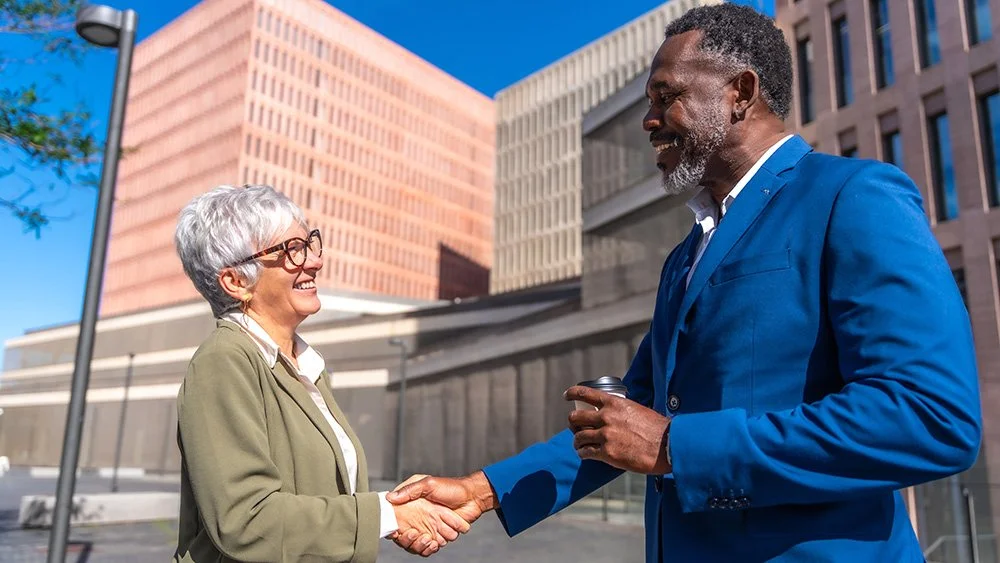Are urban areas really more financially sustainable than suburbs? Do urban areas inherently have higher infrastructure costs? Here's what Strong Towns actually says about the Suburban Experiment and infrastructure spending.
Read MorePhiladelphia's Porchfest festival showcases the vibrant community spirit of West Philly, and residents proved the endurance of that spirit last month. After the city refused to close streets to car traffic, residents did so themselves to keep festival attendees safe. Admirable, but it should never have been necessary.
Read MoreConversations with local decision-makers are an essential part of advocating for stronger cities. To make the best use of this sometimes-rare opportunity, you need to know the right questions to ask.
Read MoreWhen budget season comes around, it can be hard to feel good about policy wins when there are so many other important causes that are also fighting for funding.
Read MoreThe next smallest step for your community doesn’t always involve changing a street’s design or making housing policy reforms. Sometimes, it’s as simple as asking questions and probing the thoughts of local leaders.
Read MoreWhen it comes to saving the world, there’s a limit to what top-down policies can do.
Read MoreToo often, people who offer seemingly simple solutions for problems in their community just get dismissed by municipal staff. Here’s how to persist.
Read MoreRapid villainization is easy; grace for city staffers and elected officials is the harder path.
Read MoreAt a glance, the sales tax is a nearly invisible revenue source that is also a cash cow. Yet, for local governments, it is the most distorting of taxes. Here’s why.
Read MoreCity hall is an institution with a diversity of responsibilities serving your community, and in it lies an opportunity to observe how your local city operates and is managed.
Read MoreThis public toilet in Winnipeg, MB, is a case study in why city governments need to pay attention to the power of small bets.
Read MoreCities don’t need to pay for or try to create arts and culture programs. They just need to remove barriers to and support the organic culture already existing in their neighborhoods.
Read MoreTo save our cities, we need to try new ideas, and that’s scary. But sometimes we must make scary decisions if we’re ever going to move into a stronger, more resilient future.
Read MoreMany of us are keen to express the “what” that we’d like to see in the built environment, but unwilling to think rationally and clearly about the “how.”
Read MoreMany local governments have taken on a “the customer is always right” mindset, but that’s simply not the best approach, especially for decisions that should be made at the block level.
Read MoreYou should be wary of anyone who claims to speak for “the community” or “the public,” especially when it’s in lieu of telling you who will benefit from the actions they support.
Read MoreIf you ever wanted to REALLY make a change in your town, instead of just starting a fight, consider this your manifesto.
Read MoreWhat the debate over a historic building—Wichita’s Century II—can teach us about local democracy and government.
Read MoreHere are the immediate steps every community should be taking to respond to the pandemic.
Read MoreLast week we released Nine Things Local Government Needs to Do Right Now in Response to the Pandemic. Here’s the next step for a strong recovery.
Read More



















